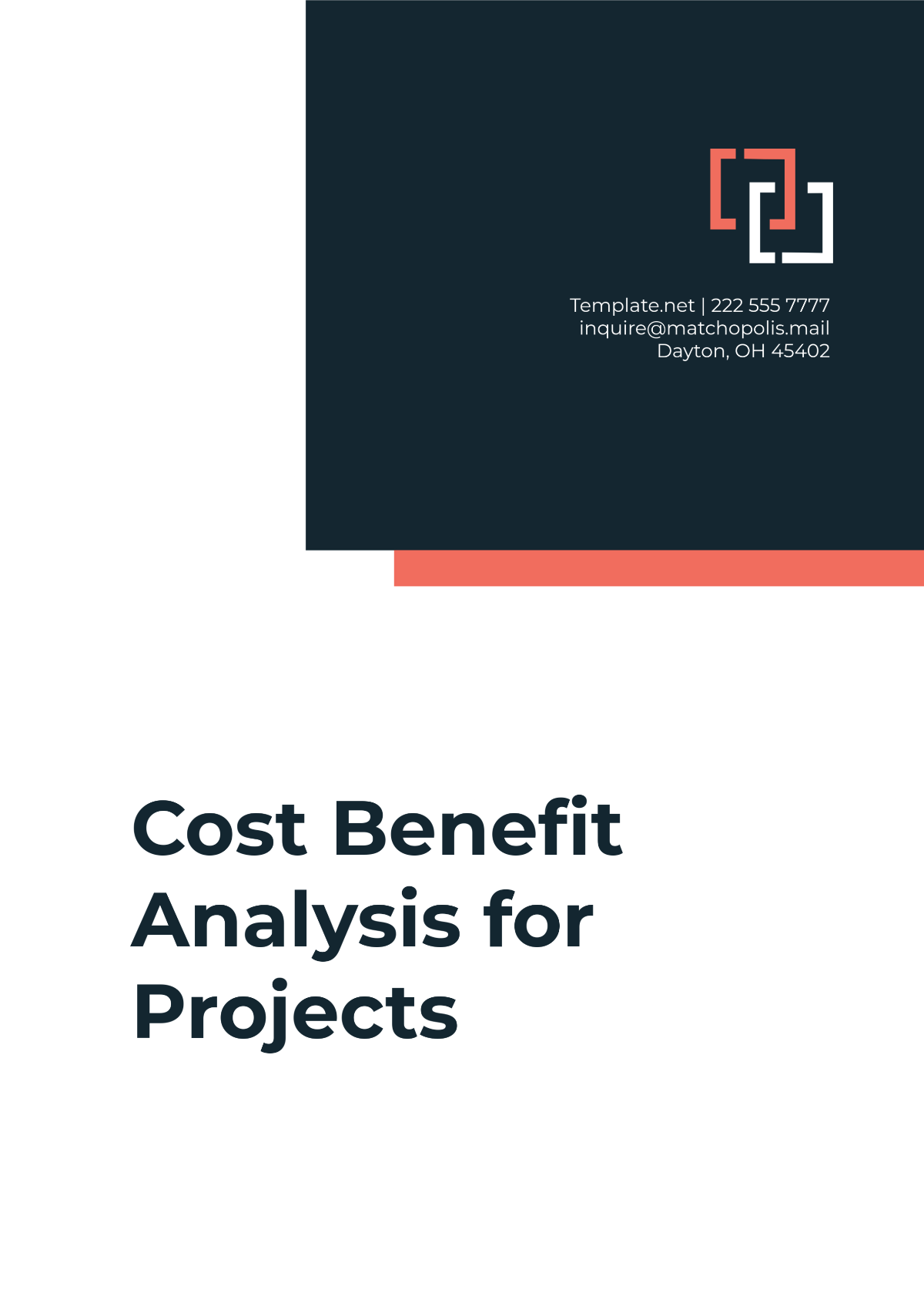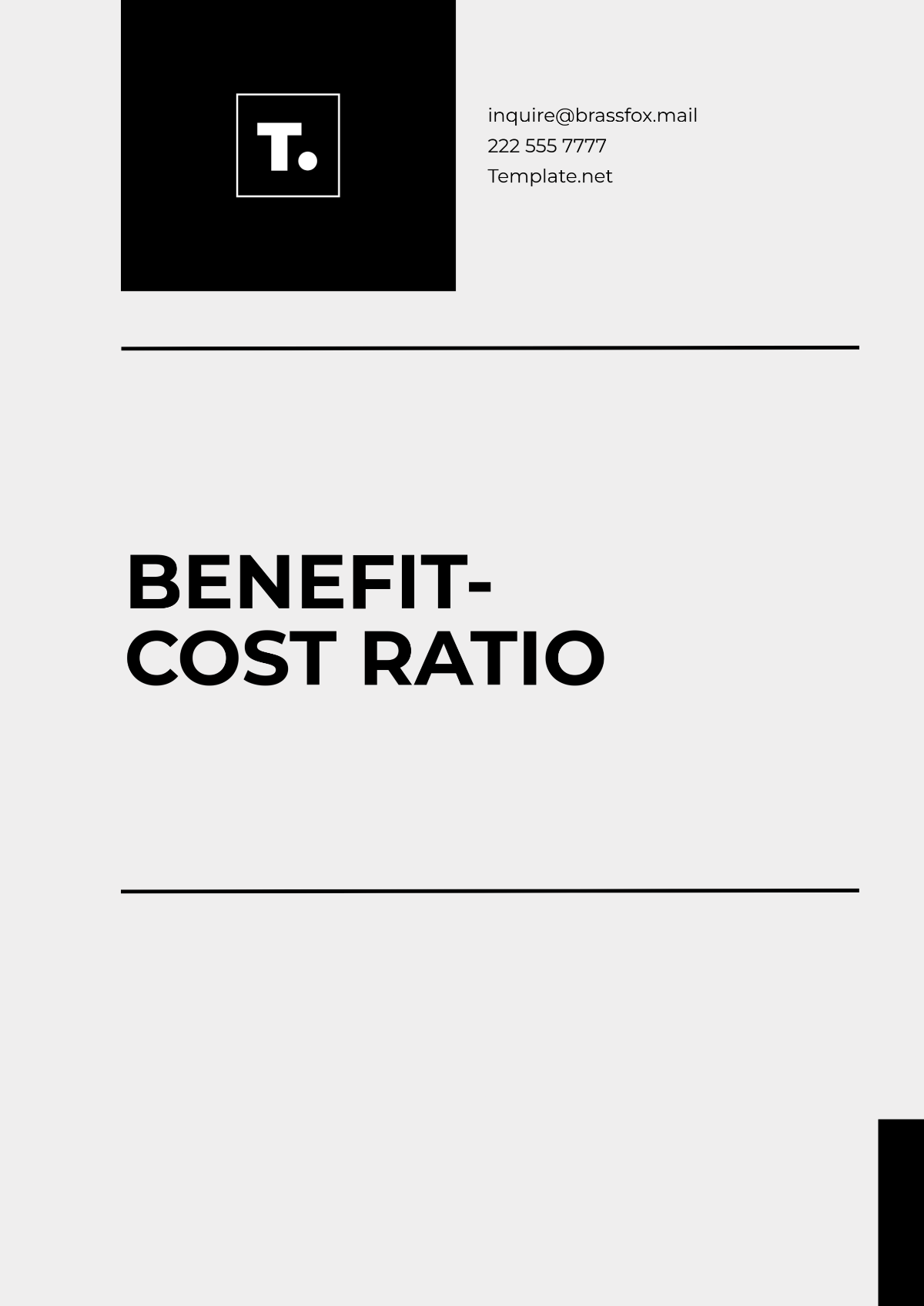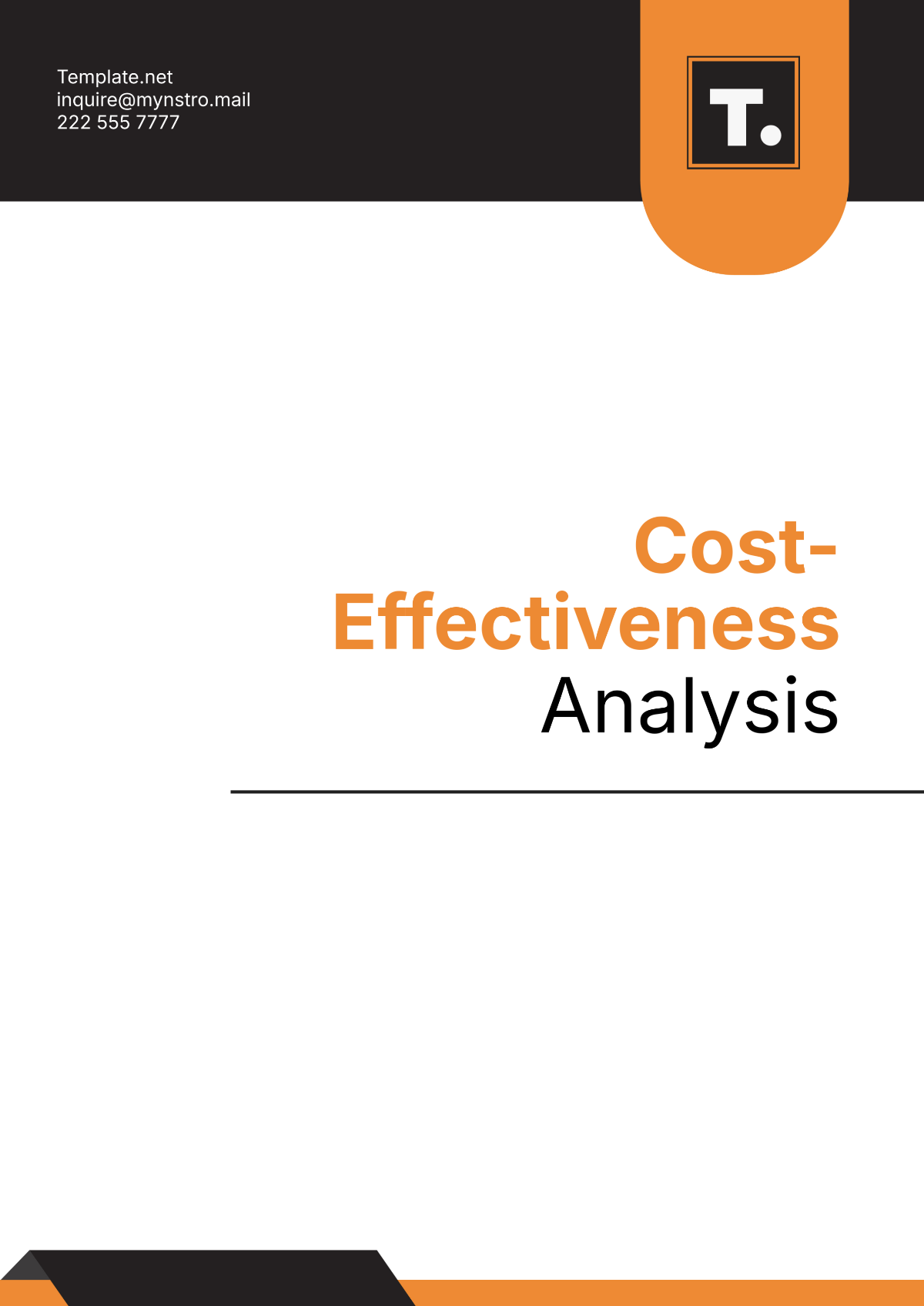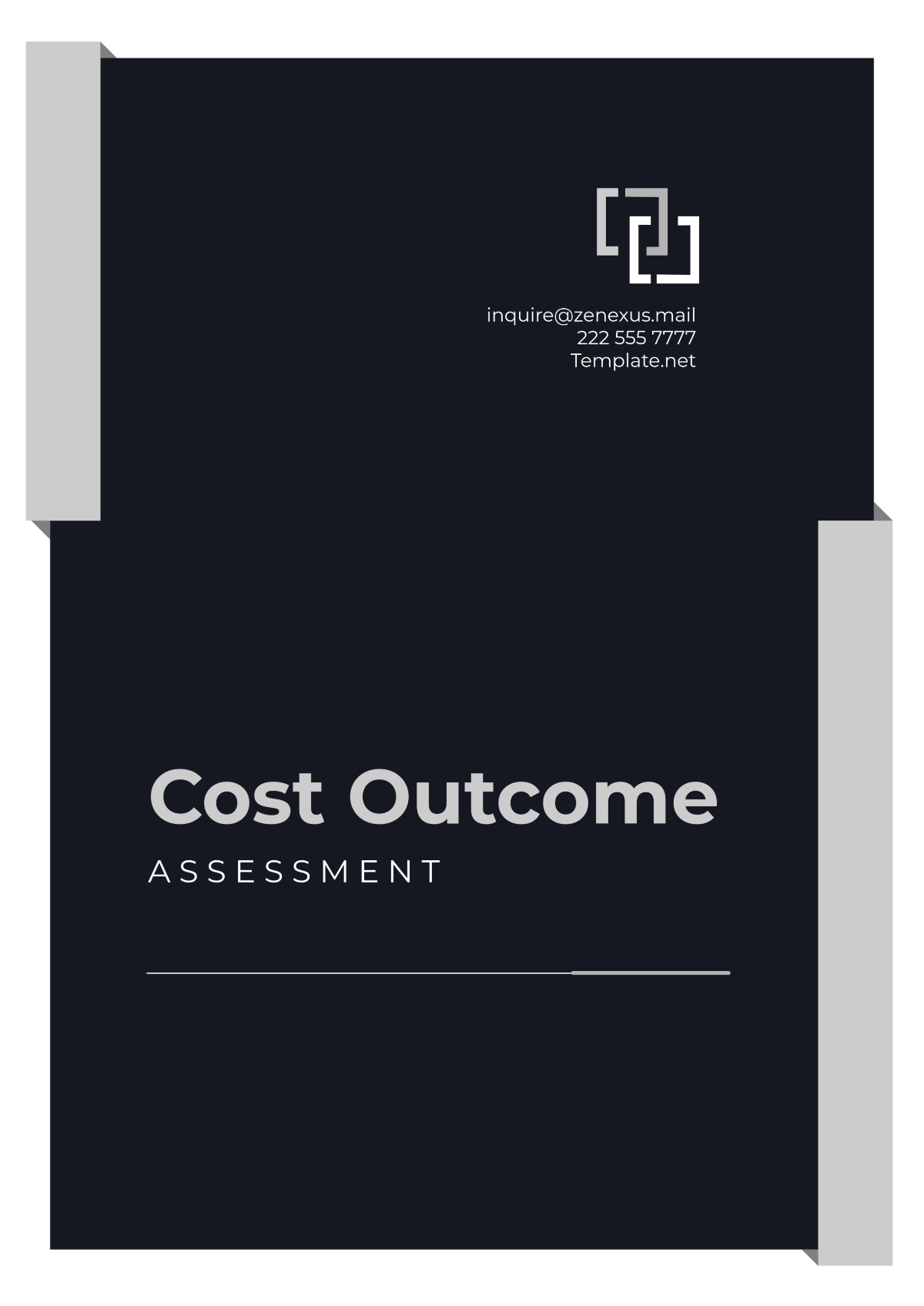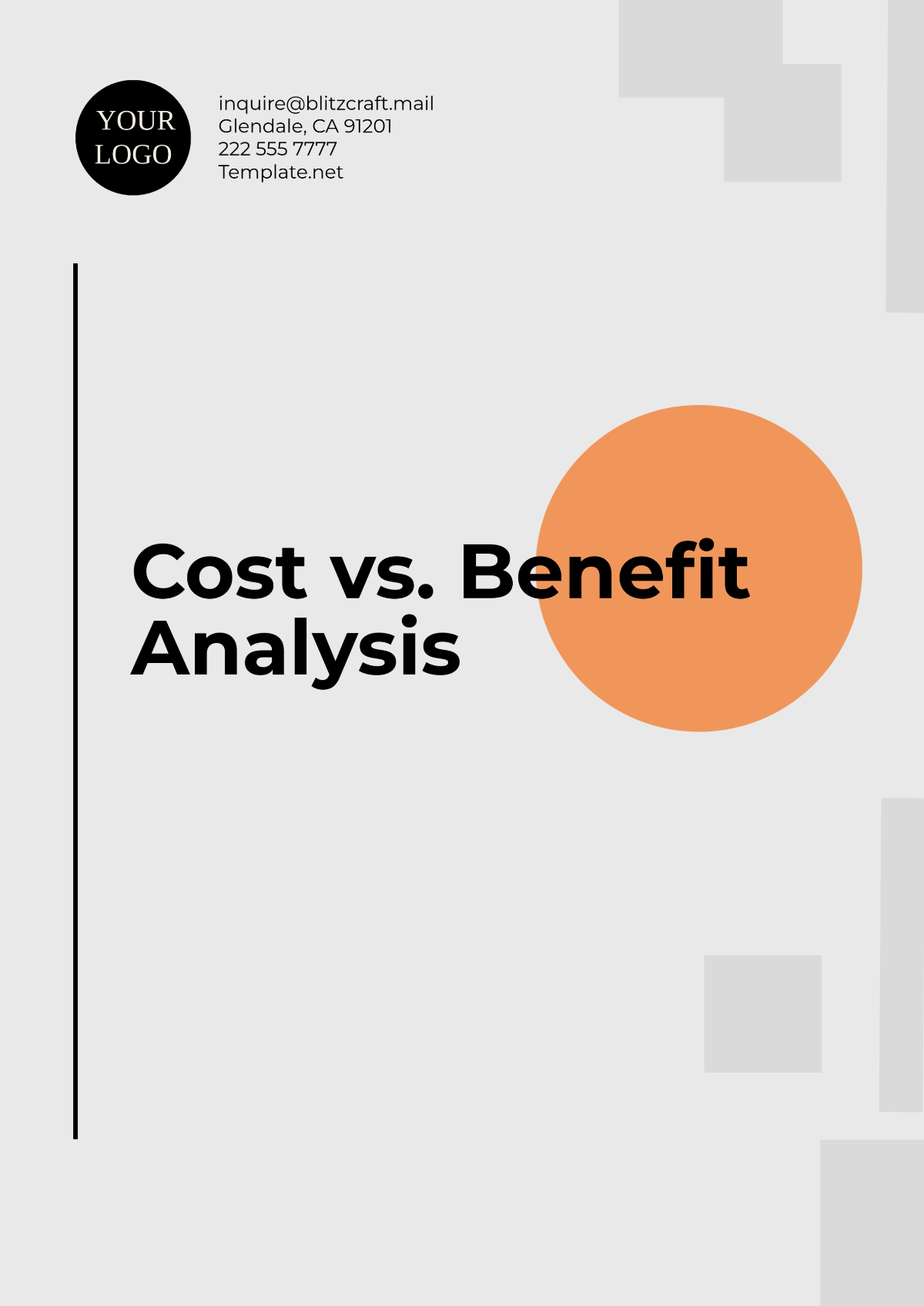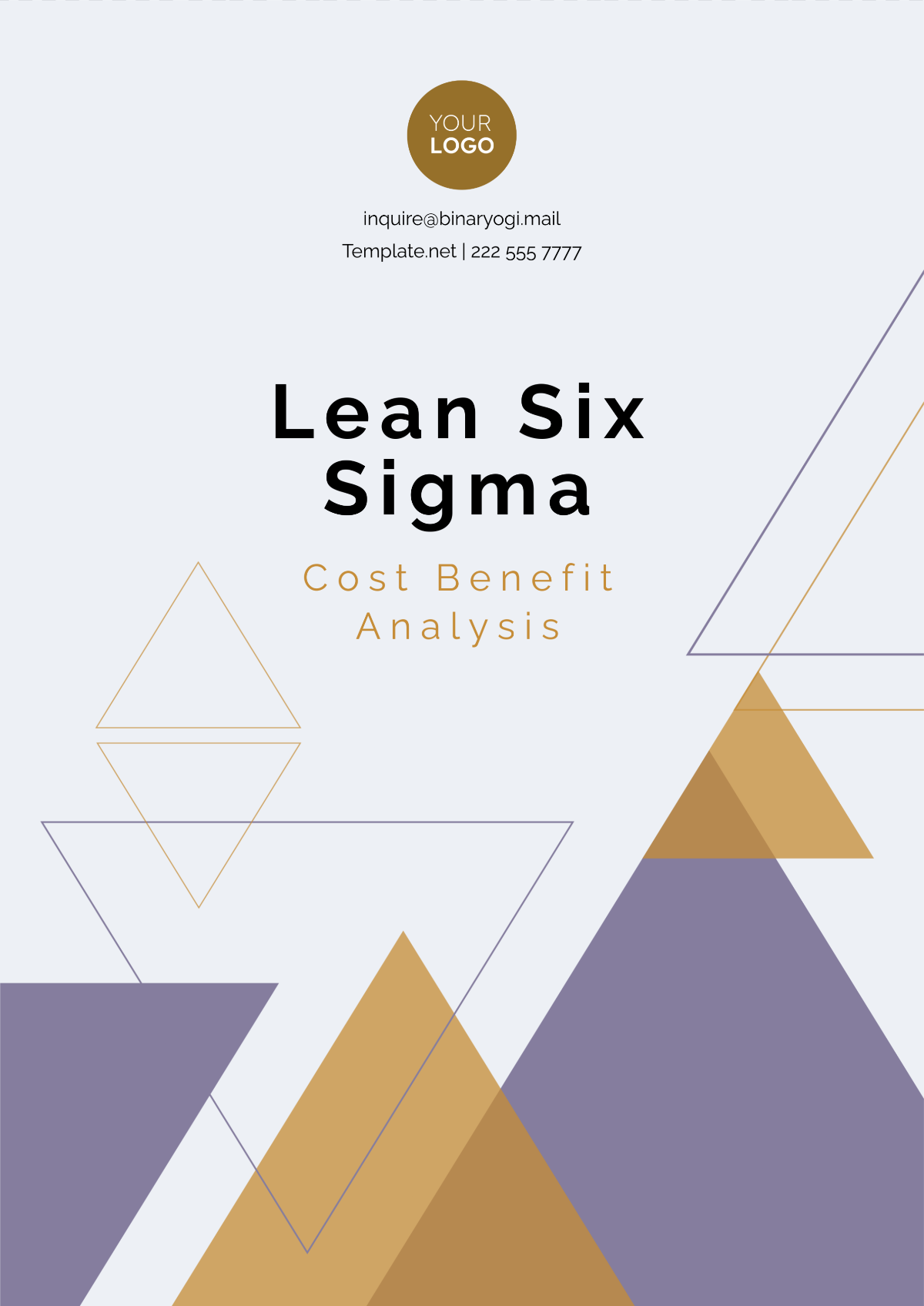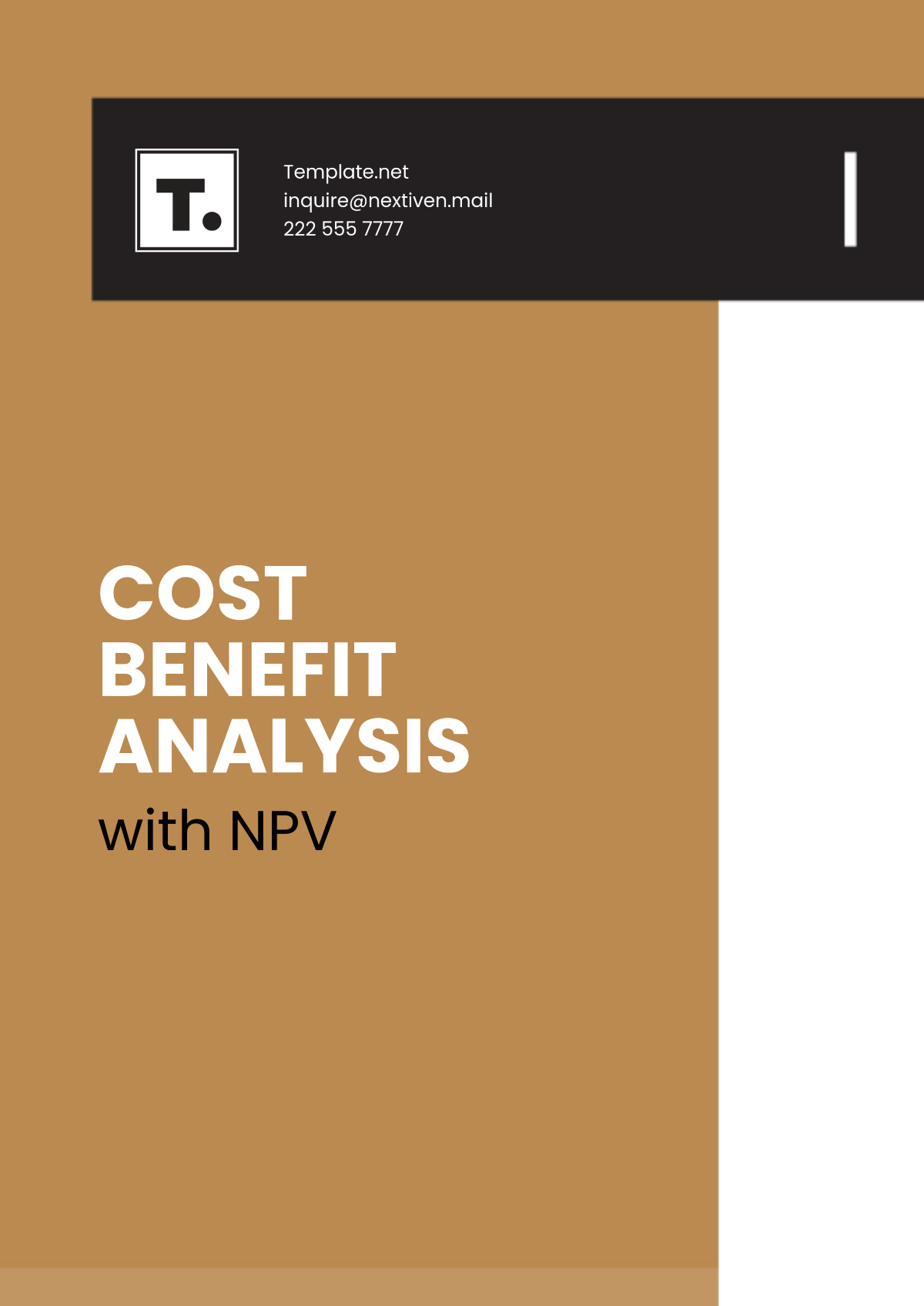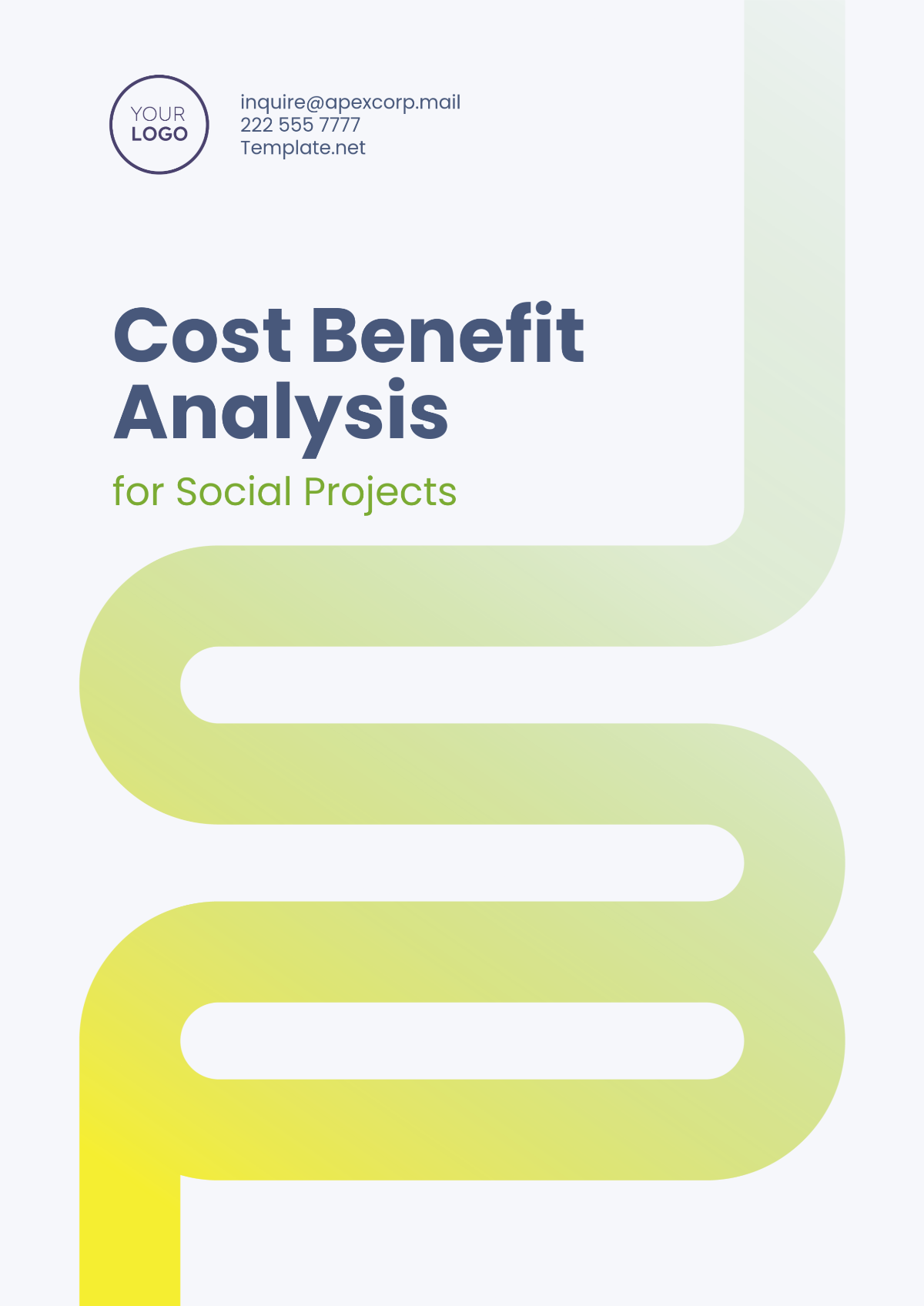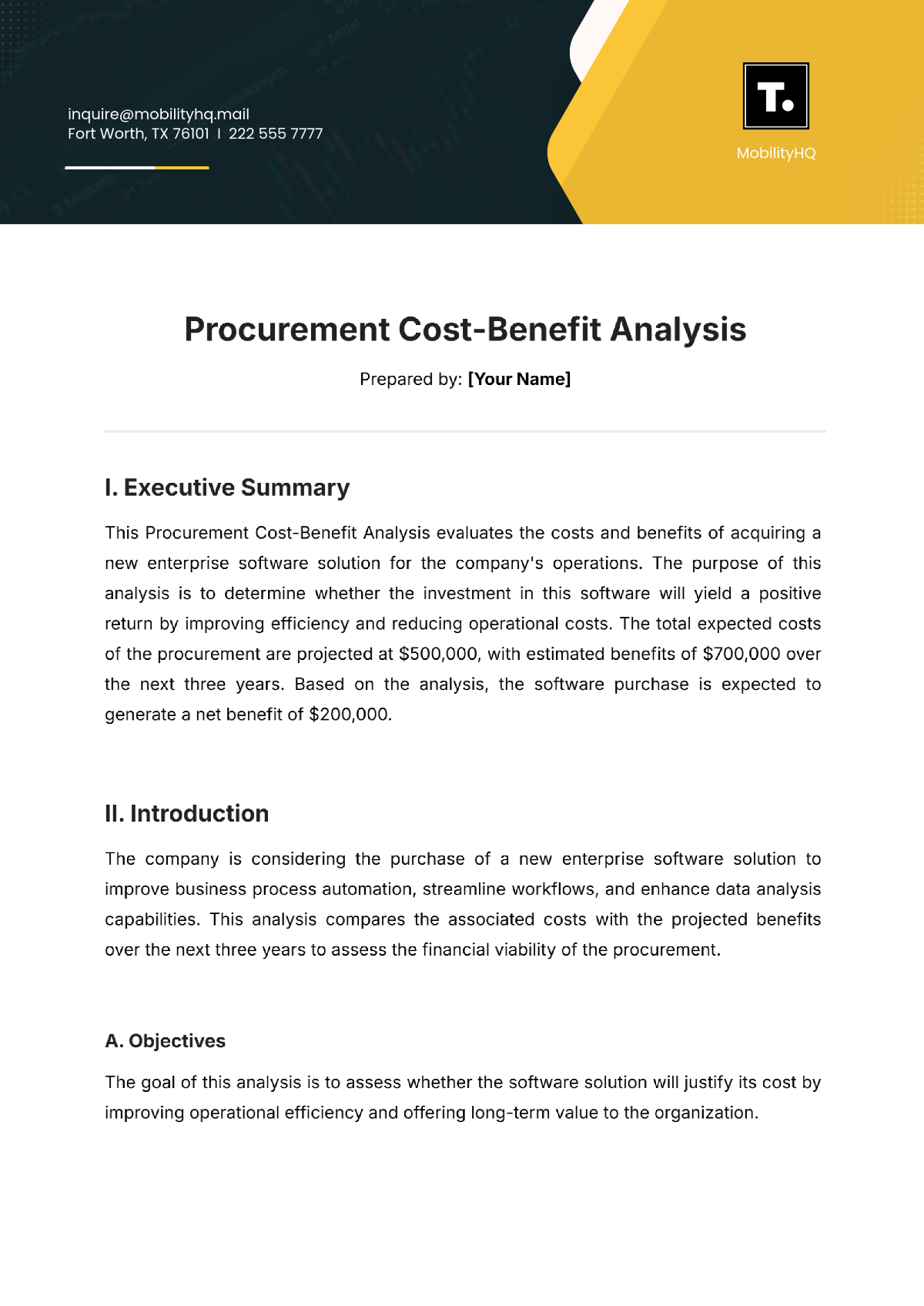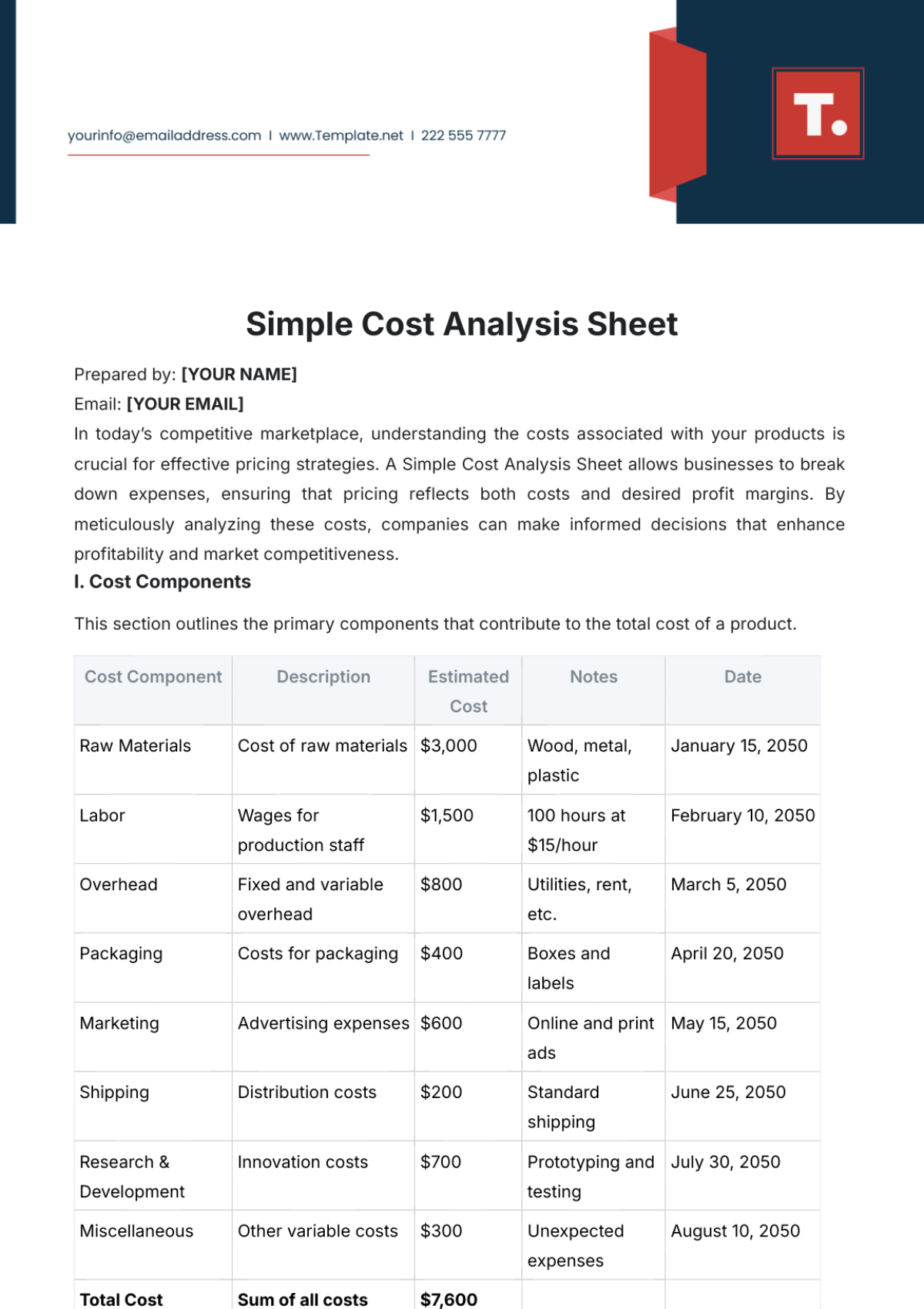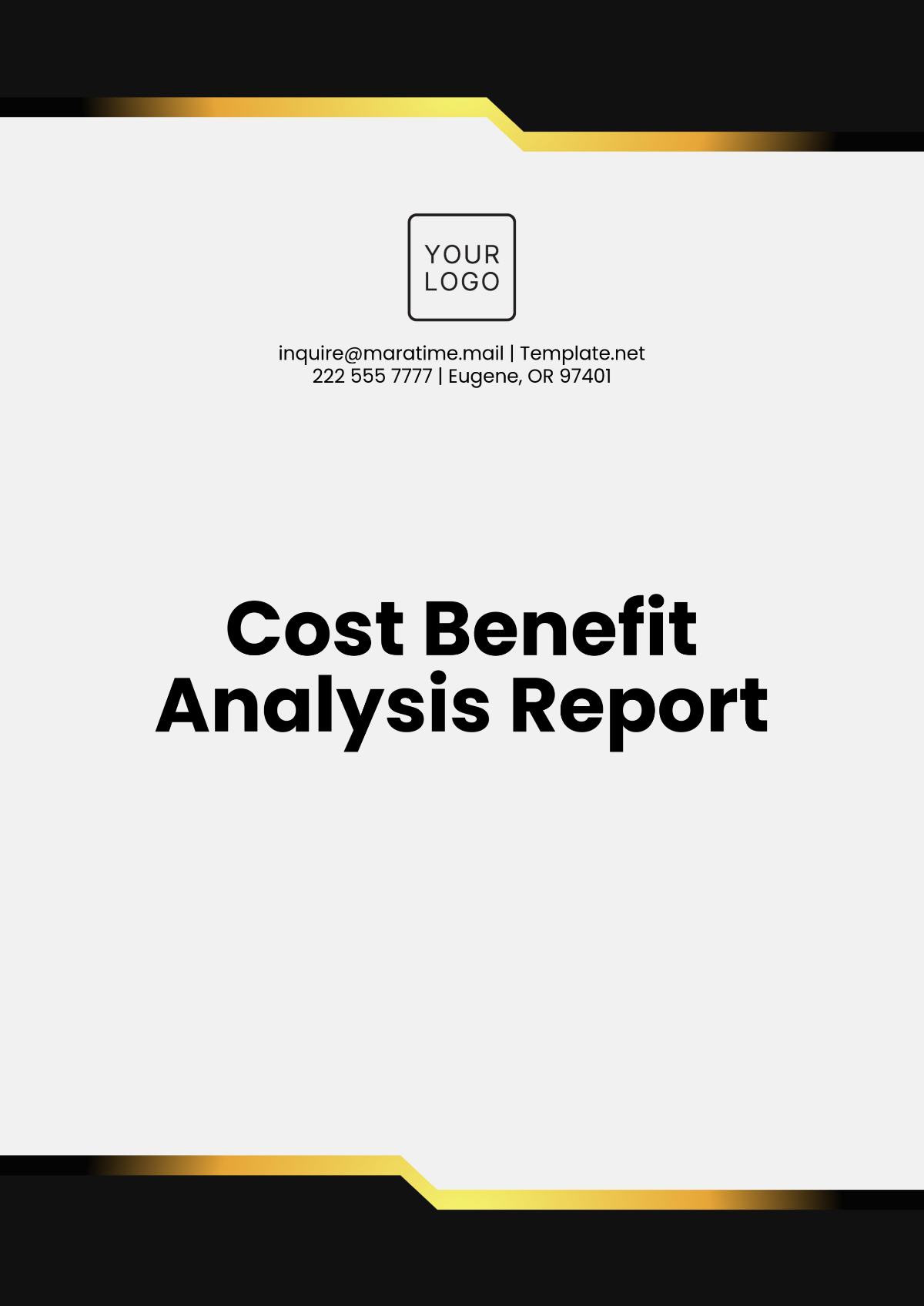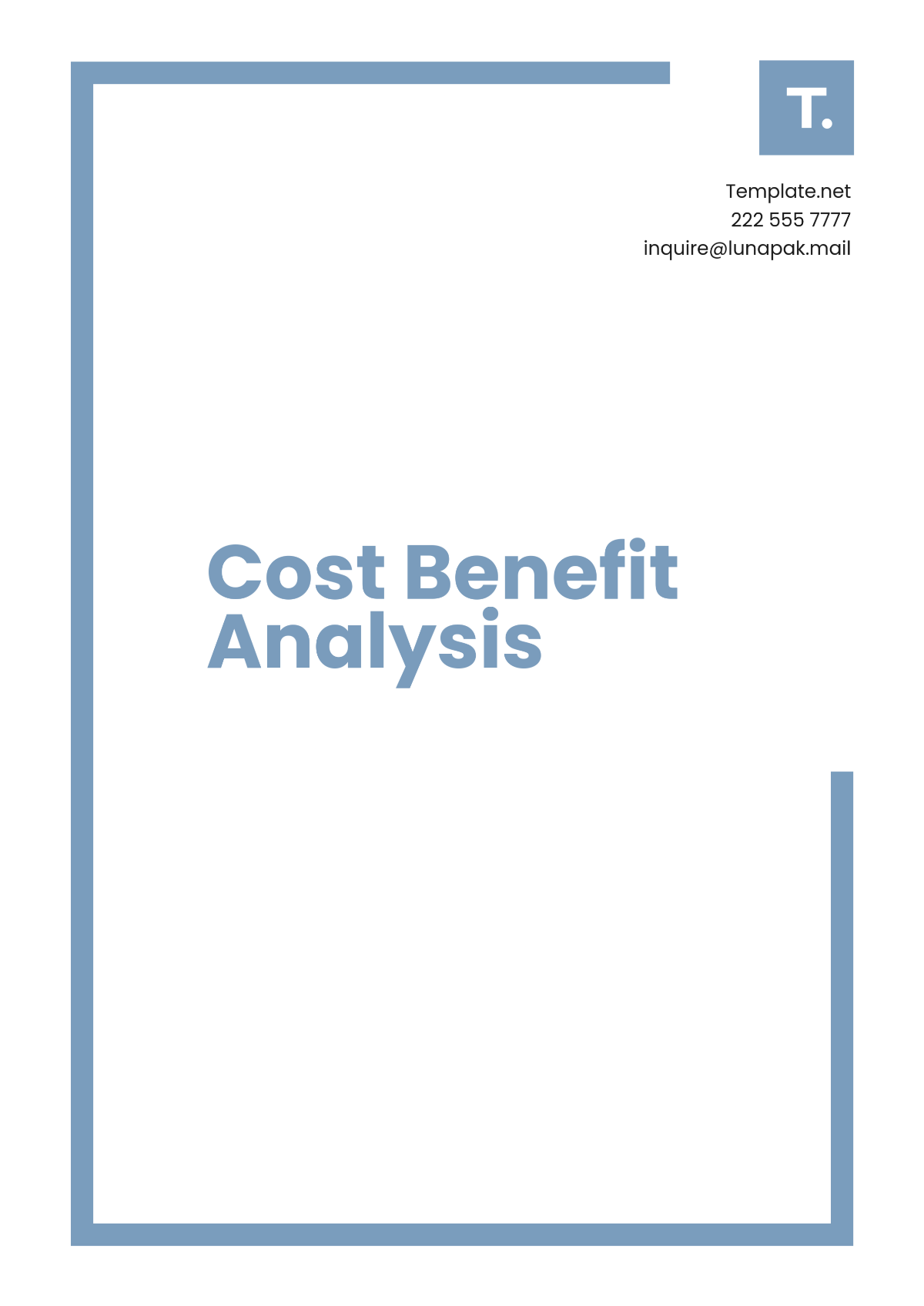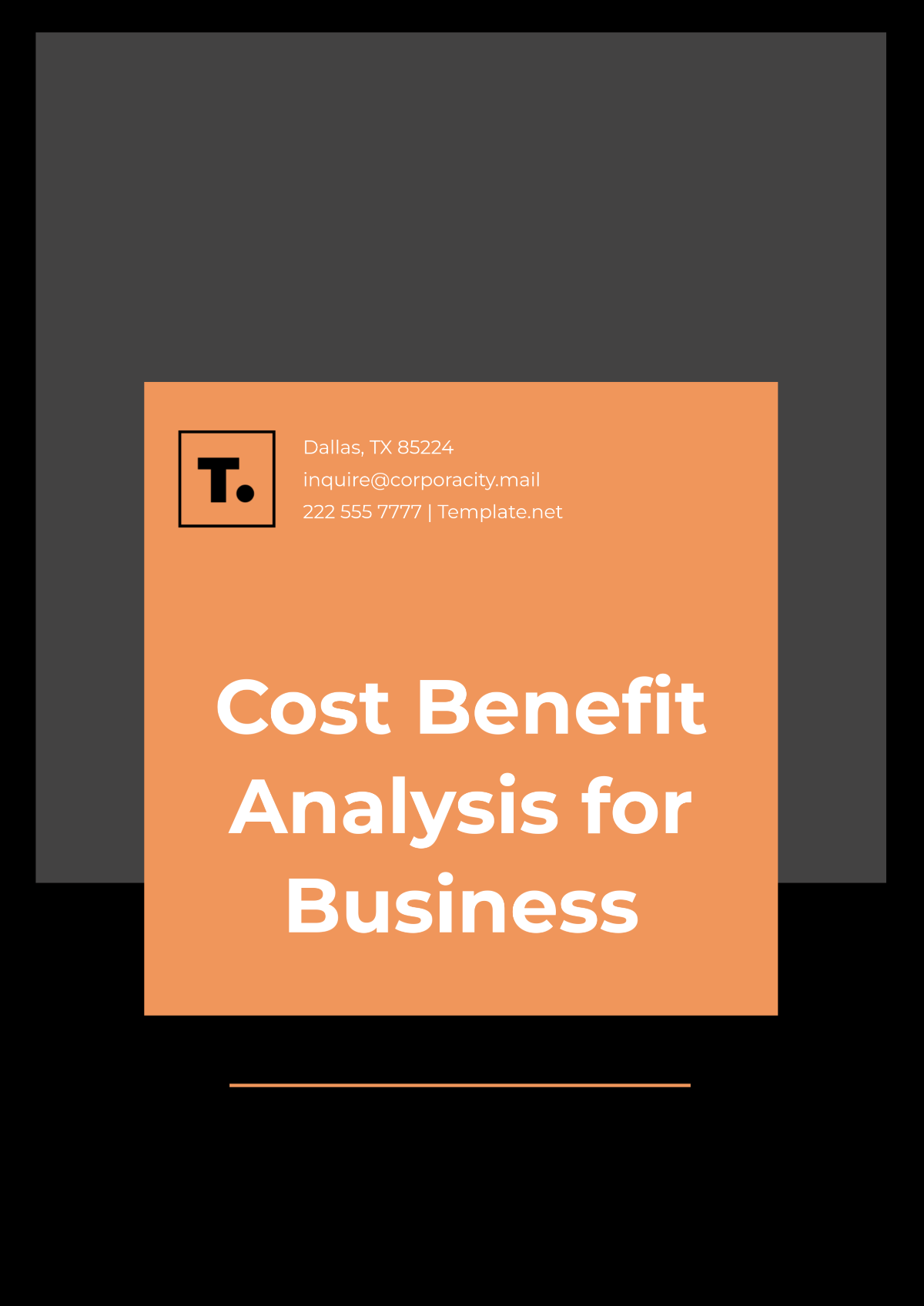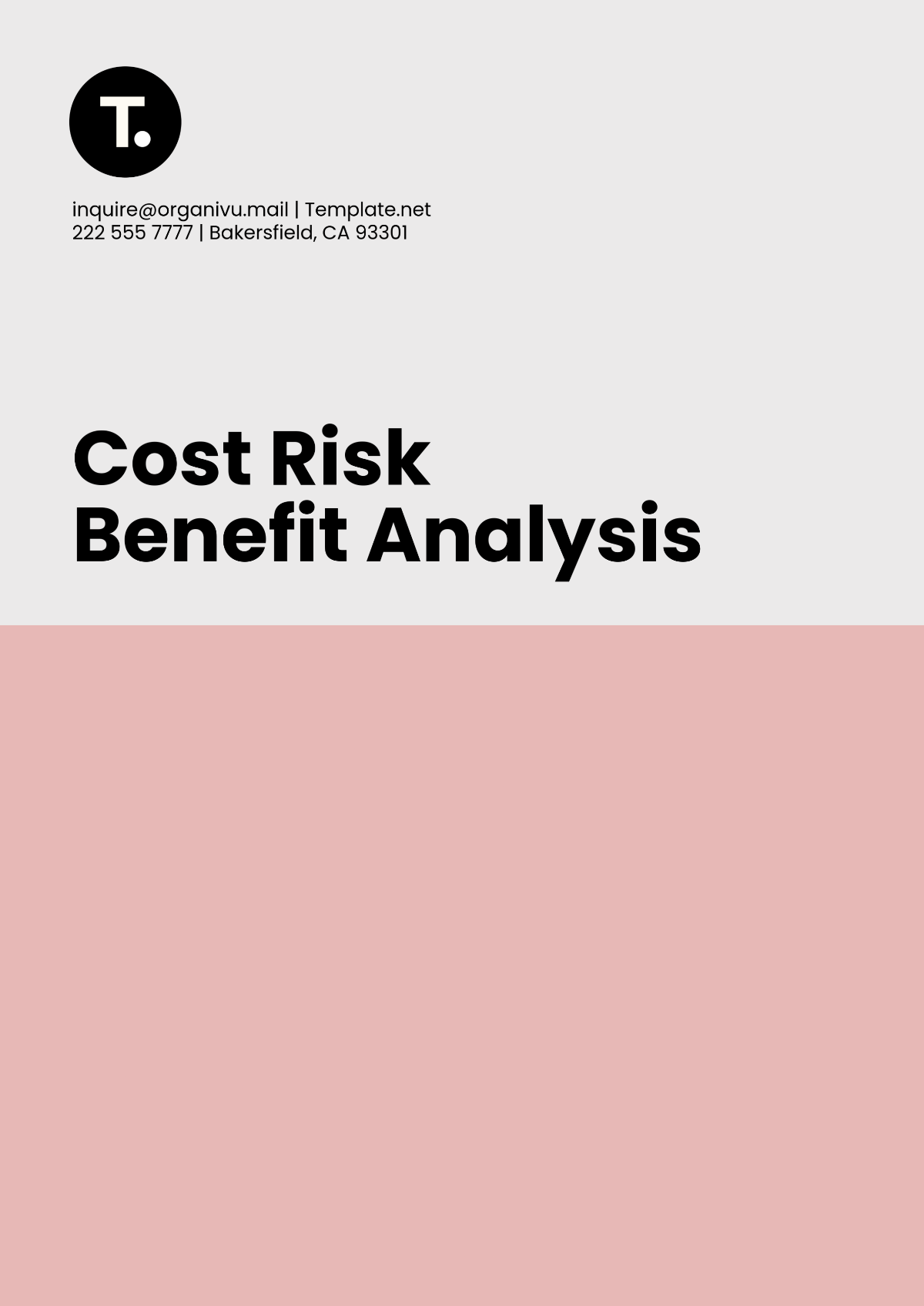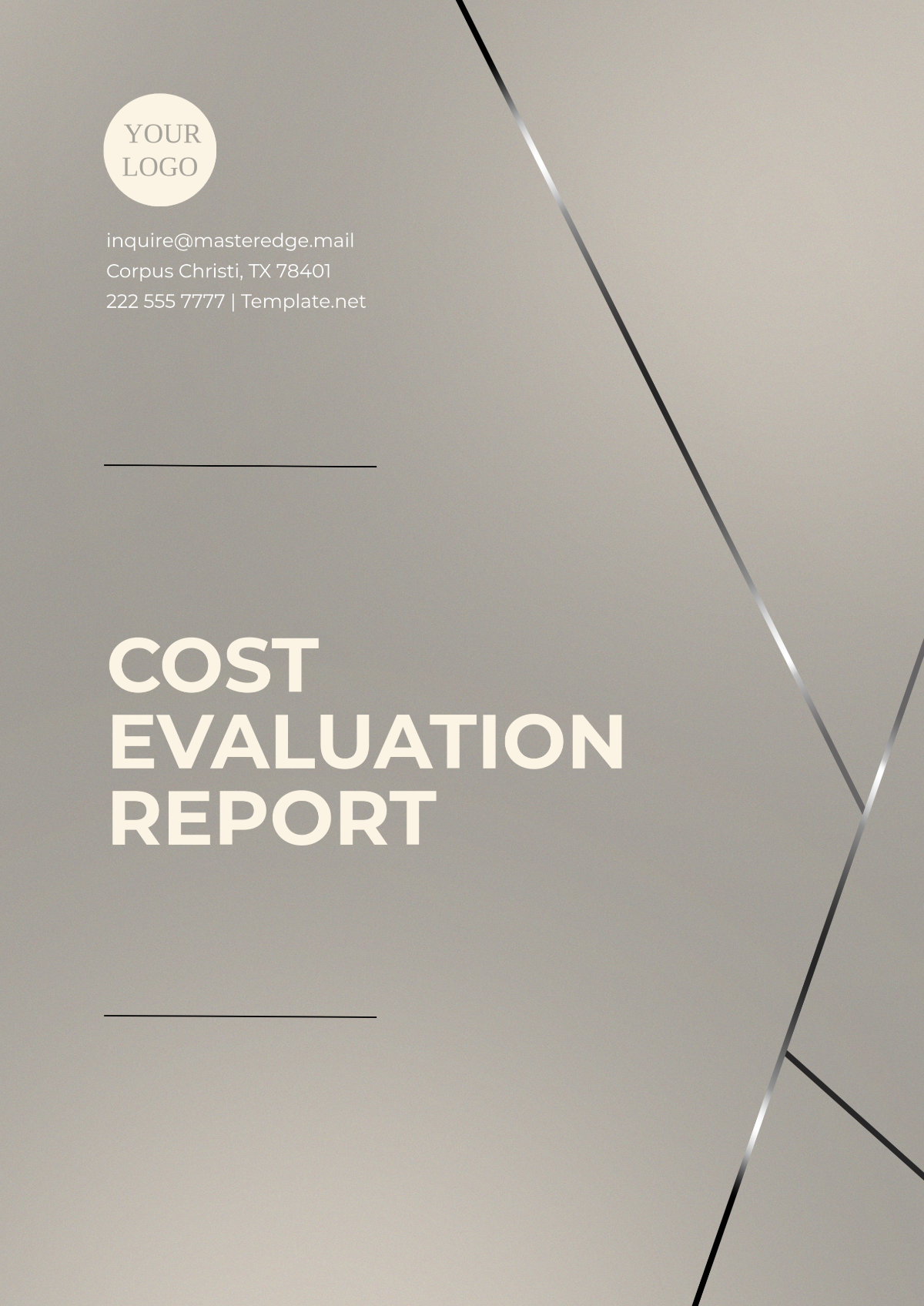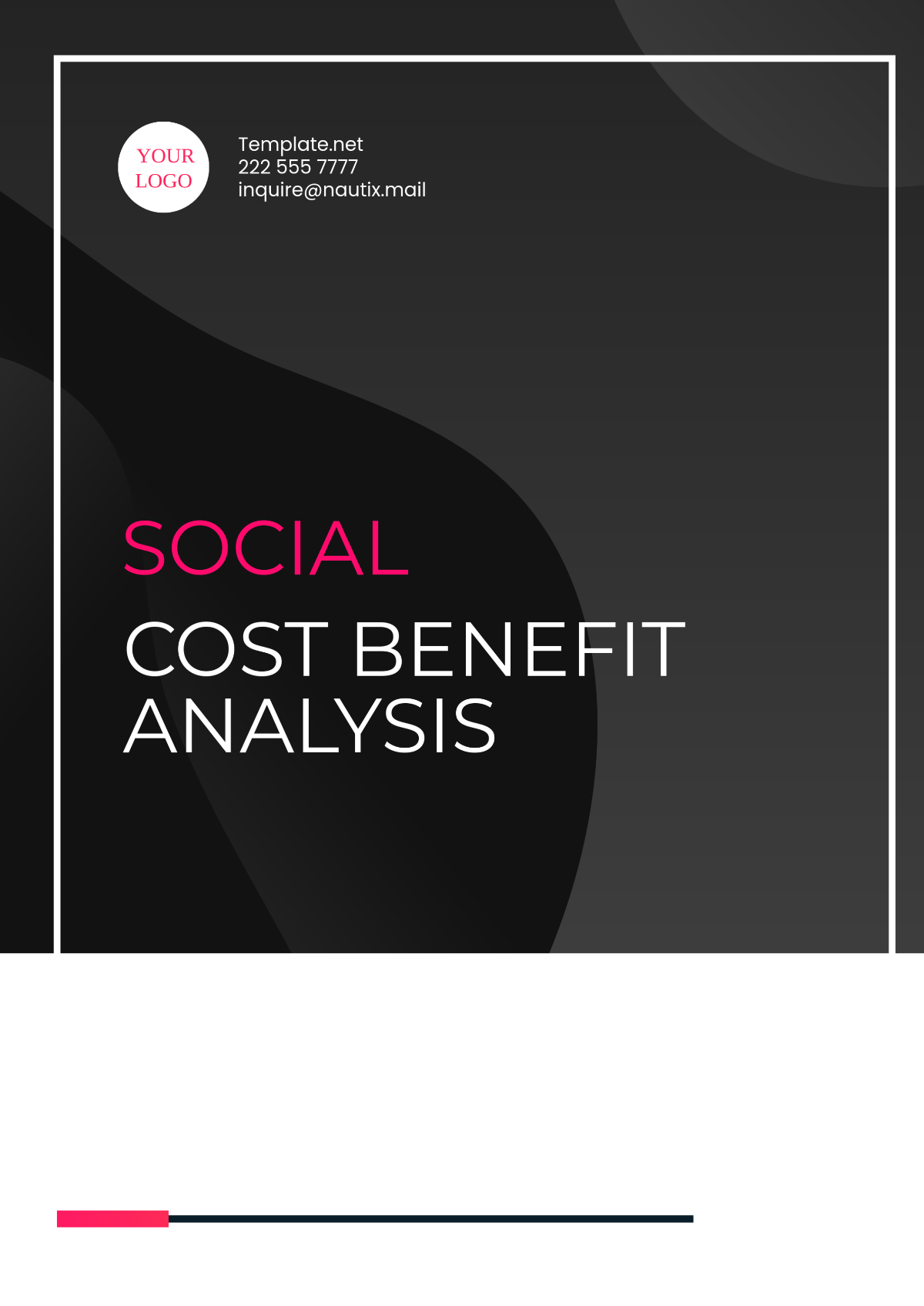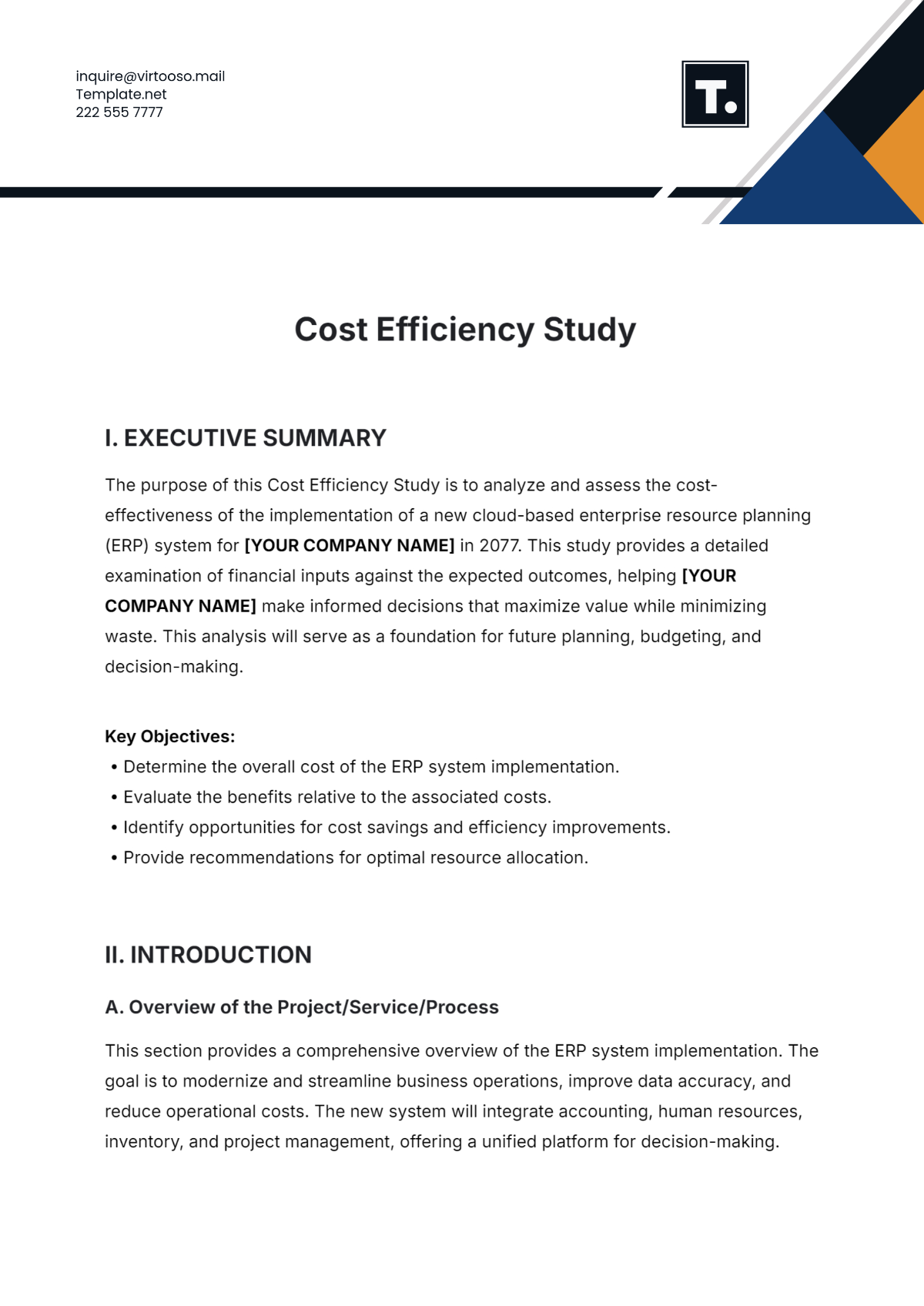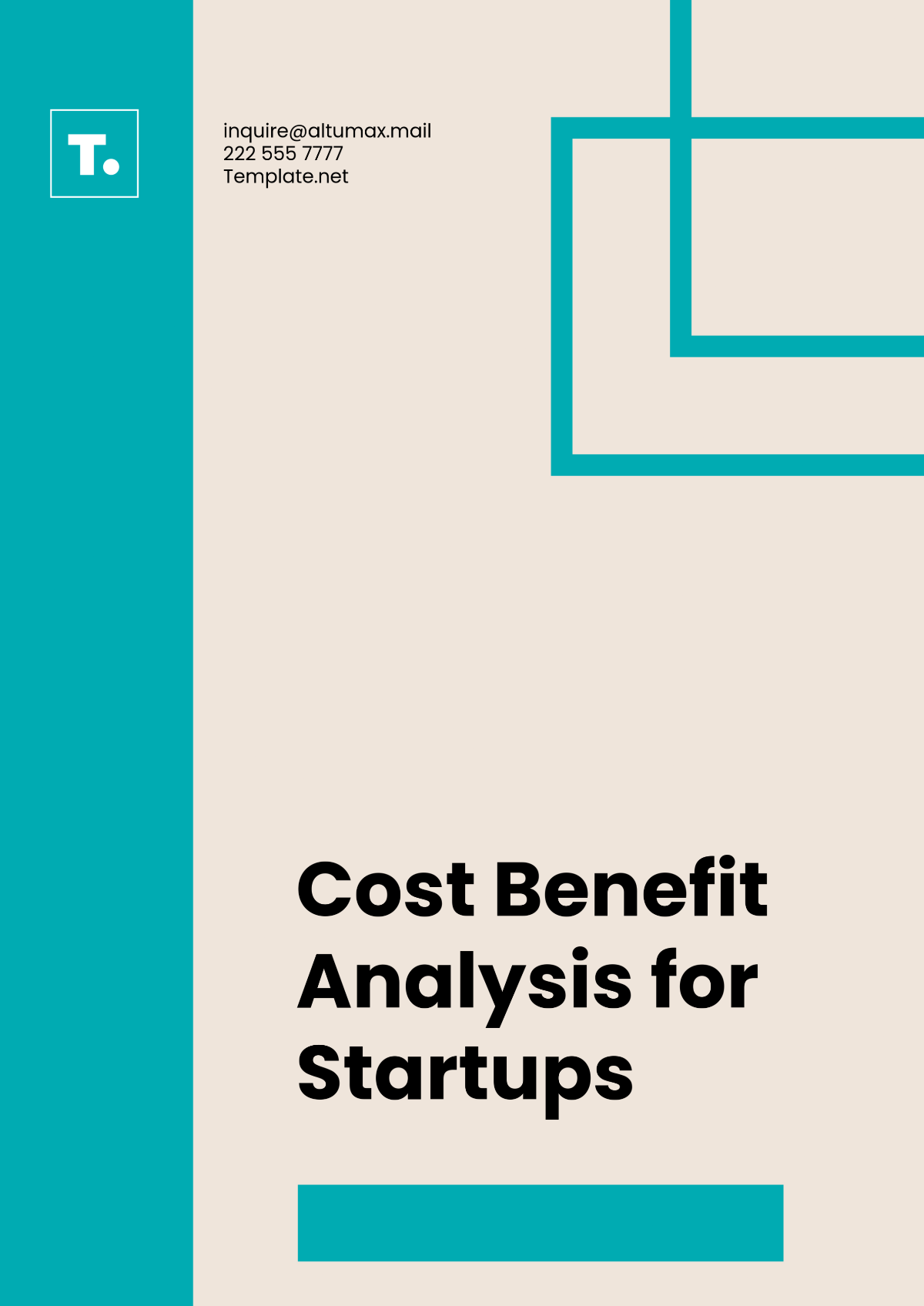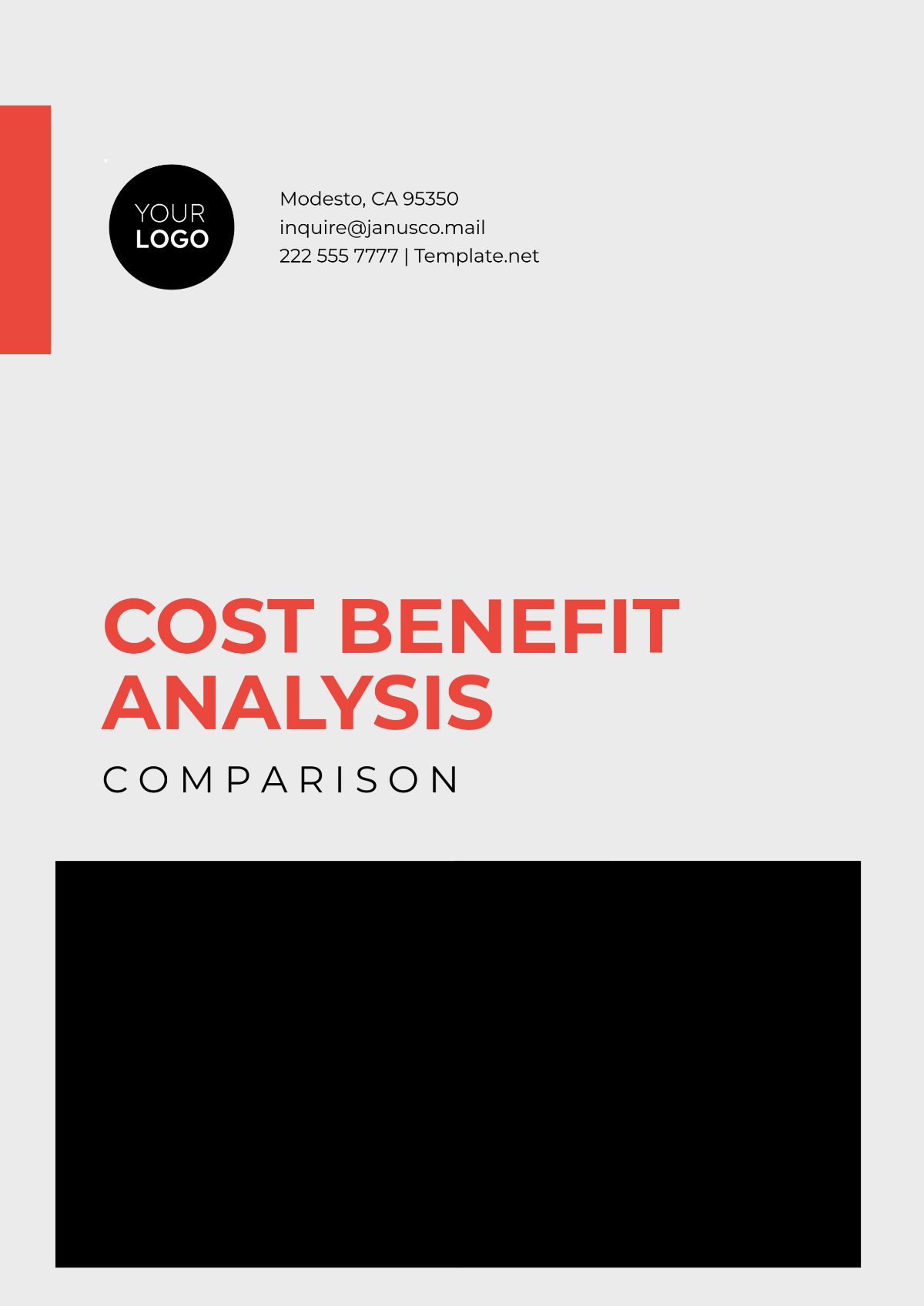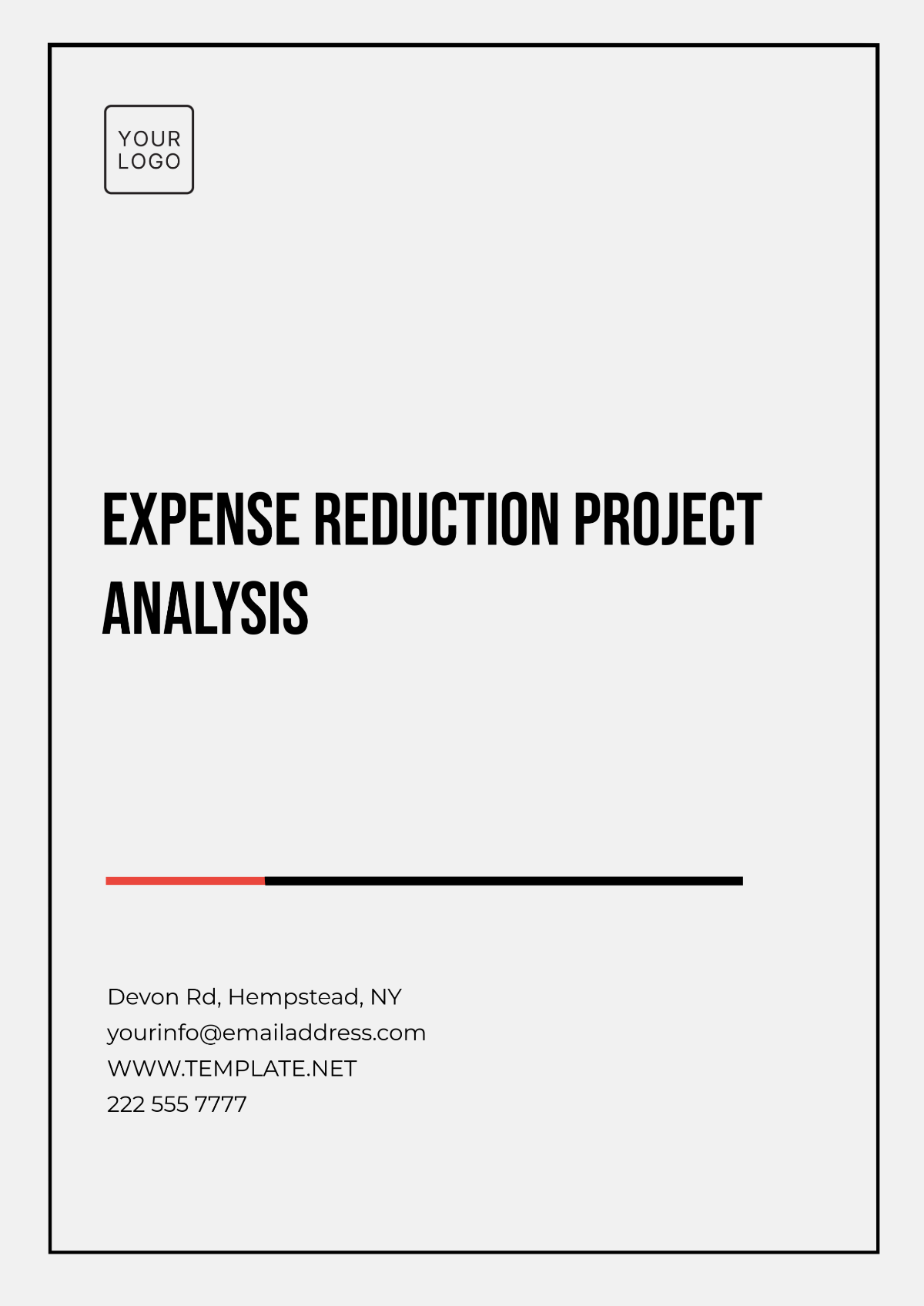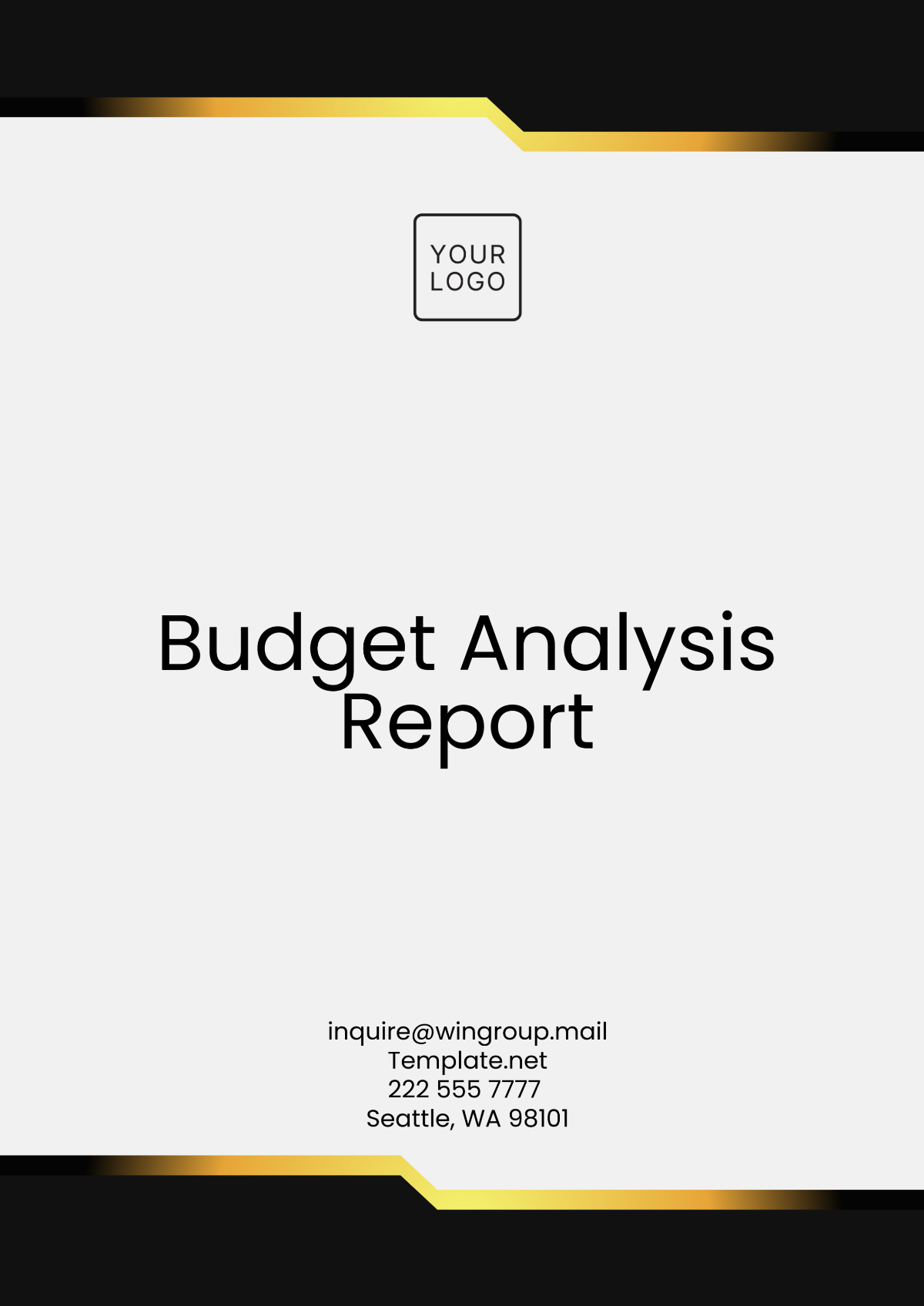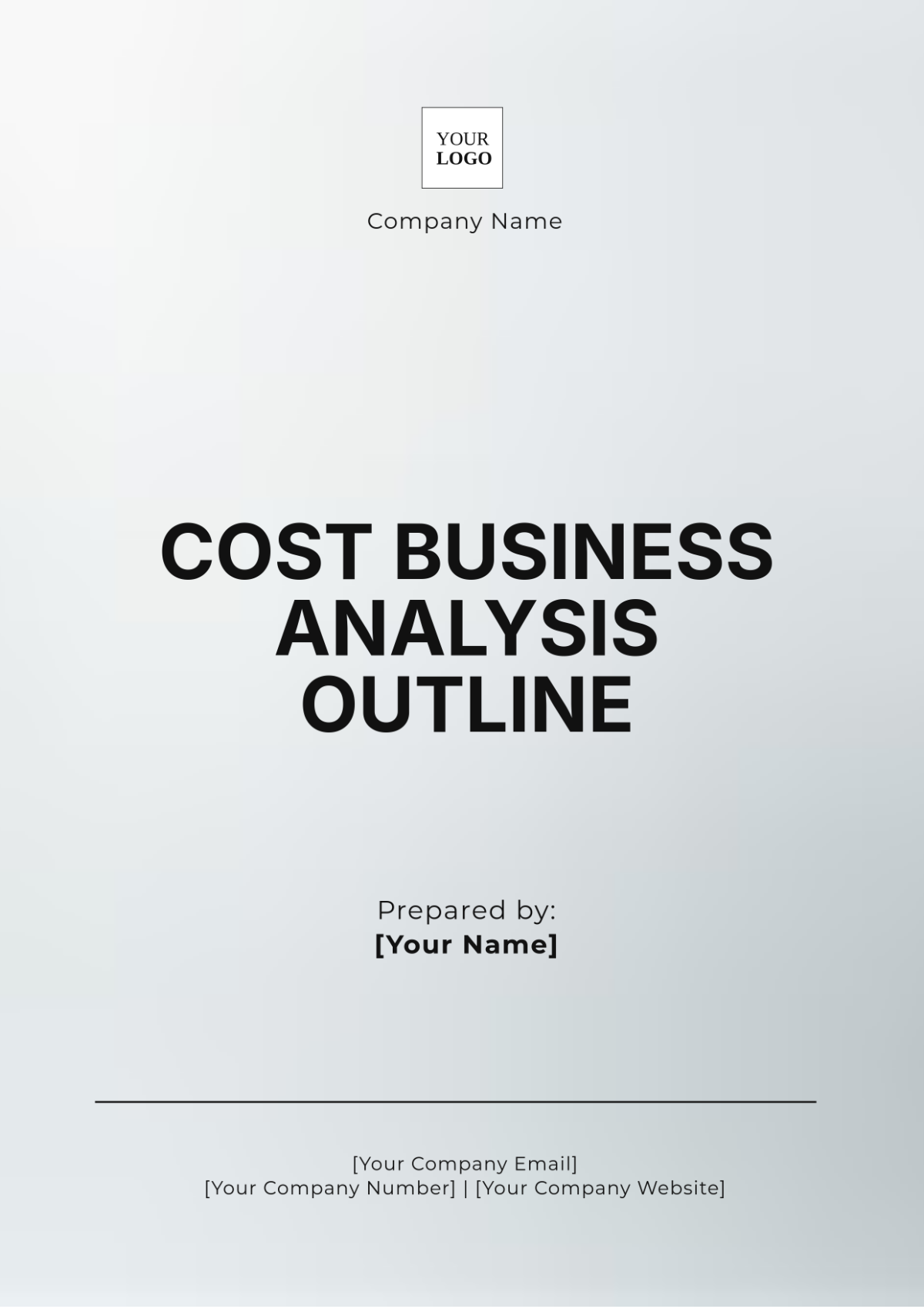Training Cost Analysis
_____________________________________________________________________________________
Prepared by: | [Your Name] |
Email: | [Your Email] |
Address: | [Your Address] |
EXECUTIVE SUMMARY
This section offers a concise overview of the training cost analysis, encapsulating its core findings and presenting the data collected during the analysis.
Objective: The objective of this training cost analysis is to evaluate and optimize the expenditure associated with training programs within the company.
Summary of Costs: The executive summary provides a high-level breakdown of training costs, highlighting key areas of expenditure. Total training costs for the fiscal year amounted to $500,000.
Recommendations: Suggestions for managing and optimizing costs while ensuring the effectiveness of training programs are provided here. Implementing a vendor negotiation strategy for training materials procurement could potentially reduce costs by 15%.
TRAINING PROGRAM OVERVIEW
This section delves into the specifics of the training programs analyzed, providing insights into their scope, duration, and delivery methods.
Description
Each training program is outlined, detailing its objectives and content. For instance, the Leadership Development Program aims to enhance managerial skills and strategic thinking among mid-level managers.
Duration
The length of each program is specified, aiding in understanding resource allocation. The Leadership Development Program spans six months, with sessions held bi-weekly.
Delivery Methods
Whether the training is conducted online, in-person, or follows a hybrid approach is elucidated here. The Sales Training Program utilizes a hybrid approach, with initial modules delivered online followed by in-person workshops.
Target Audience
The intended participants of each program are identified, helping to tailor training approaches. The Sales Training Program is targeted towards sales representatives and managers.
DETAILED COST BREAKDOWN
This section offers an intricate analysis of the costs associated with each training program, categorized into direct and indirect costs.
A. Direct Costs
Instructor Fees
Costs associated with hiring trainers. For the Sales Training Program, instructor fees amounted to $20,000.
Training Materials and Supplies
Expenses related to materials utilized during training sessions. The Leadership Development Program incurred $15,000 in materials costs.
Venue Rental
If applicable, costs for securing training locations. The cost of venue rental for the Sales Training Program was $5,000.
B. Indirect Costs
Administrative Overheads
Costs incurred in managing and coordinating training activities. Administrative overheads for all programs totaled $30,000.
Technology Infrastructure
Expenditure on technological resources supporting training endeavors. The investment in technology infrastructure amounted to $10,000.
Support Staff Wages
Salaries of personnel assisting in training logistics. Support staff wages totaled $25,000.
COST COMPARISON
This segment compares the company's training costs with industry standards and benchmarks to assess its competitiveness and identify areas for improvement.
Industry Comparison
Comparison with industry average costs for similar training programs. The company's average training cost per employee is $1,500, slightly higher than the industry average of $1,200.
Cost Analysis
Identification of areas of over/under spending to streamline expenditure. The analysis revealed that the company is overspending on venue rentals by 10%.
ROI ANALYSIS
This section evaluates the return on investment for each training program, considering both direct and indirect organizational benefits.
ROI Calculation
Methods employed for calculating ROI are elucidated. The ROI for the Leadership Development Program is calculated at 25%, considering increased employee retention and productivity.
2. Results
Outcomes of ROI calculations per training session are presented. The Sales Training Program yielded an ROI of 20%, primarily driven by increased sales performance.
Strategic Advice
Recommendations are provided based on ROI outcomes to optimize resource allocation. Investing more in high-ROI programs like the Leadership Development Program is advised.
RECOMMENDATIONS
Tailored recommendations for optimizing training costs without compromising quality or outcomes are provided in this section.
Cost Reduction Strategies
Suggestions for reducing expenditure while maintaining training effectiveness. Negotiating lower venue rental rates and exploring bulk purchasing discounts for training materials are recommended.
Reinvestment Opportunities
Guidance on reinvesting savings into high ROI programs. Reallocating funds from lower-impact programs to high-ROI initiatives like leadership development is advised.
Training Schedule Suggestions
Recommendations for future training schedules to align with cost optimization goals. Consolidating similar training sessions to minimize overhead costs is recommended.
APPENDICES
This section houses detailed datasets, methodologies, and supplementary information referenced throughout the analysis.
Appendix A: Training Cost Data Sheets
Appendix B: ROI Calculation Methodologies
Appendix C: Industry Benchmark Data

